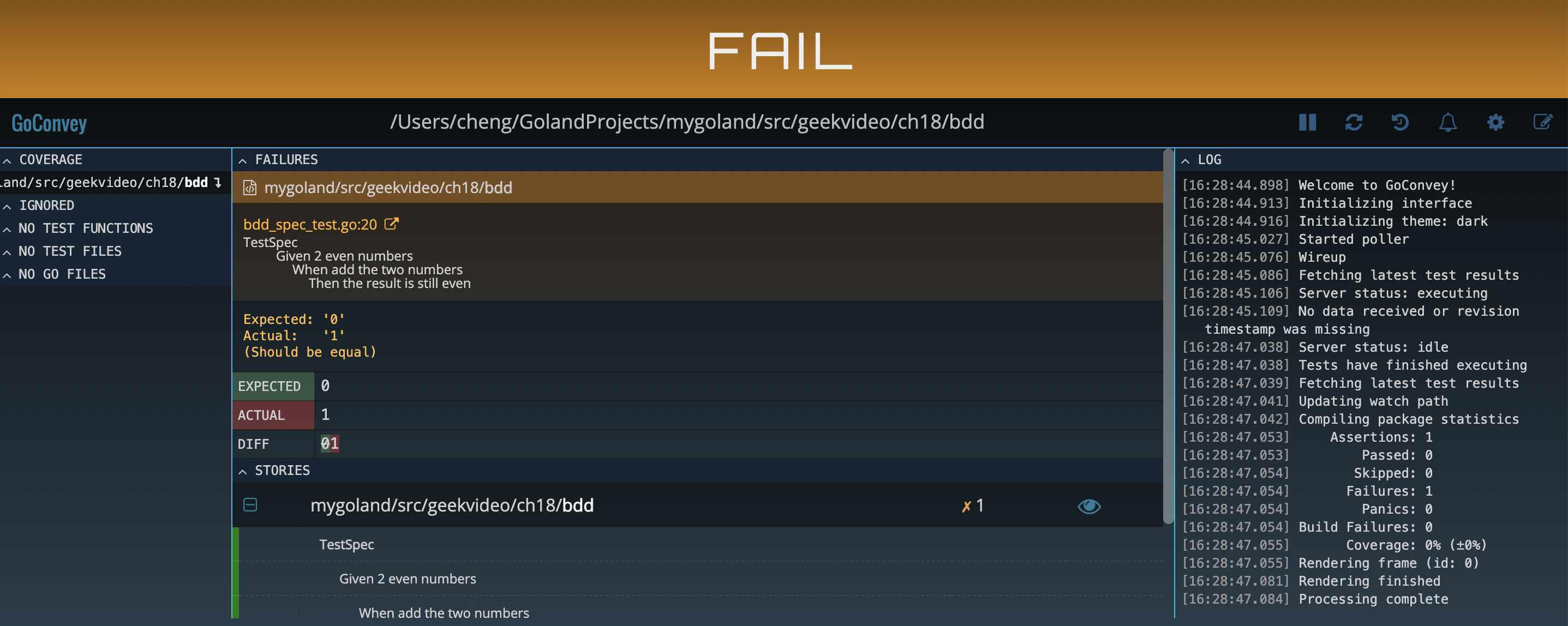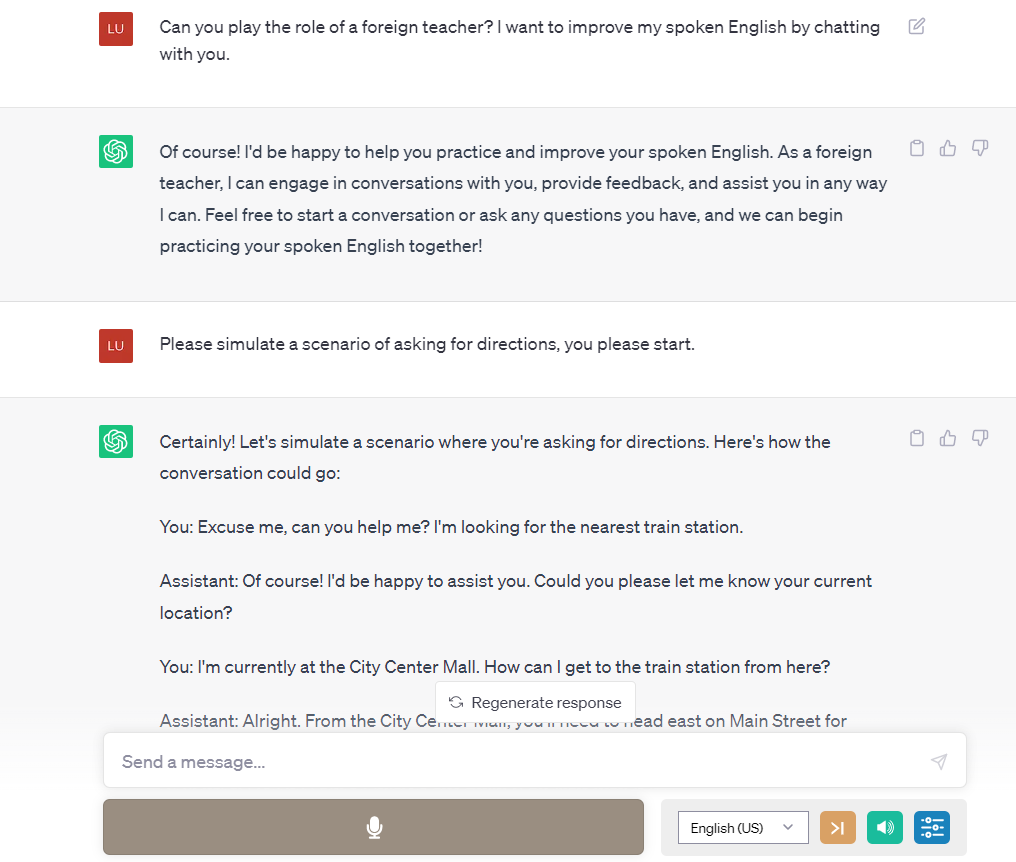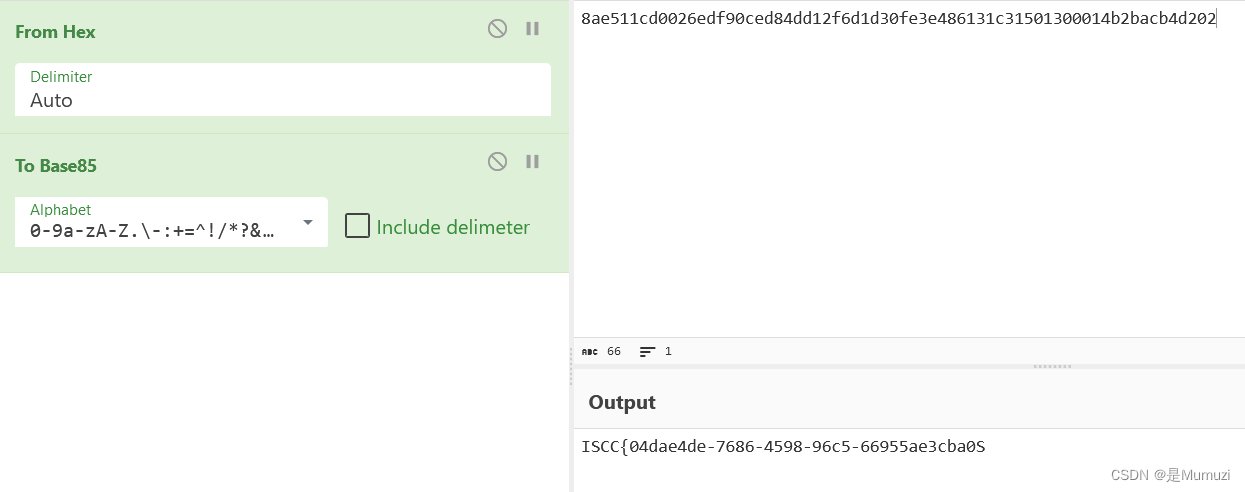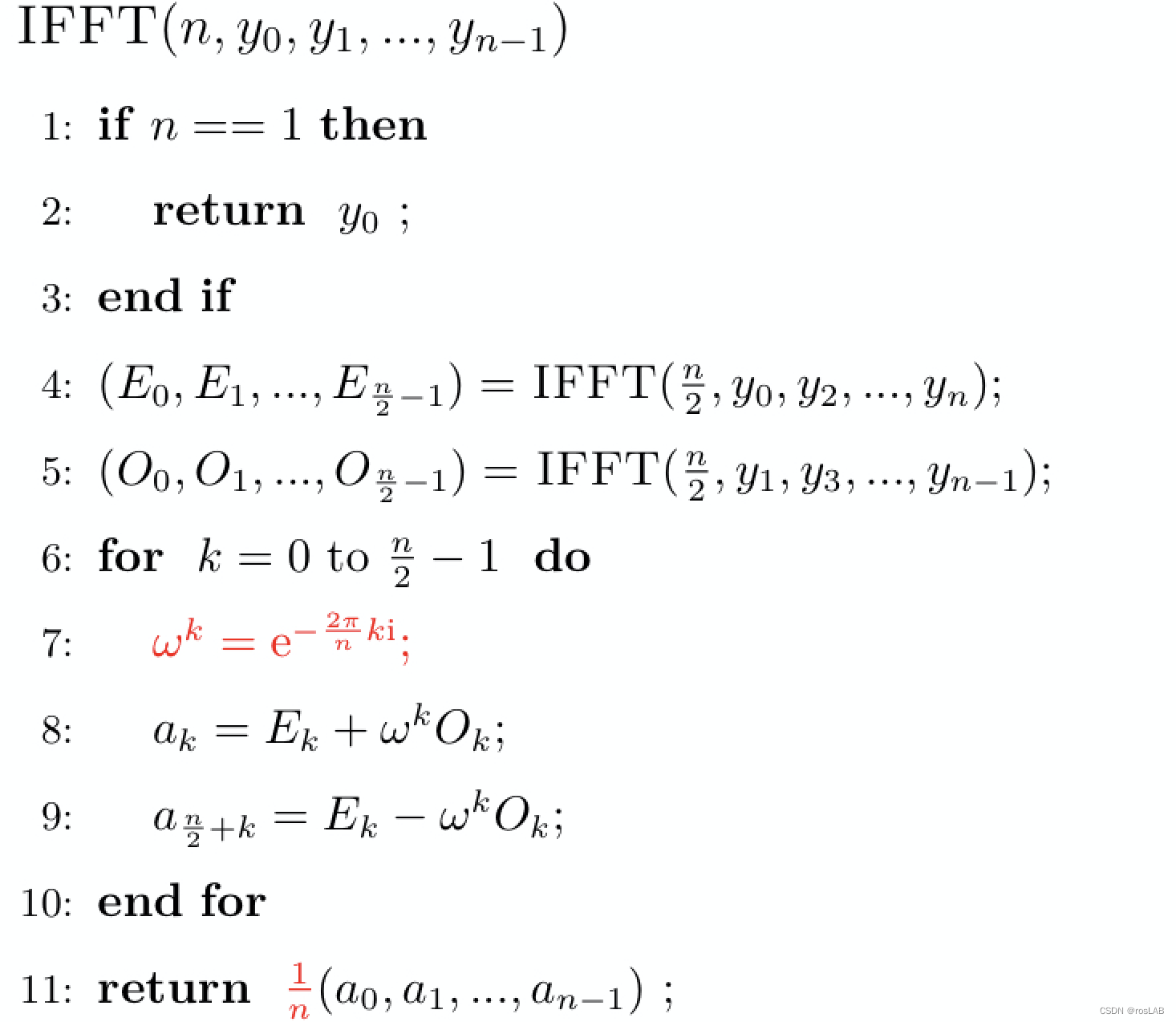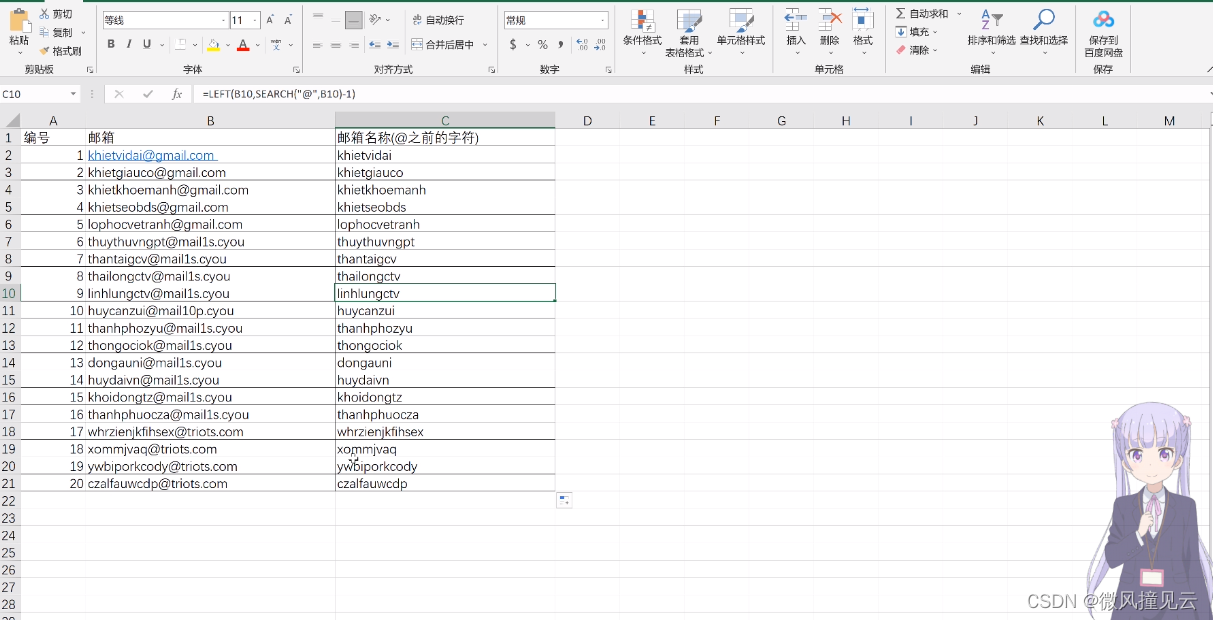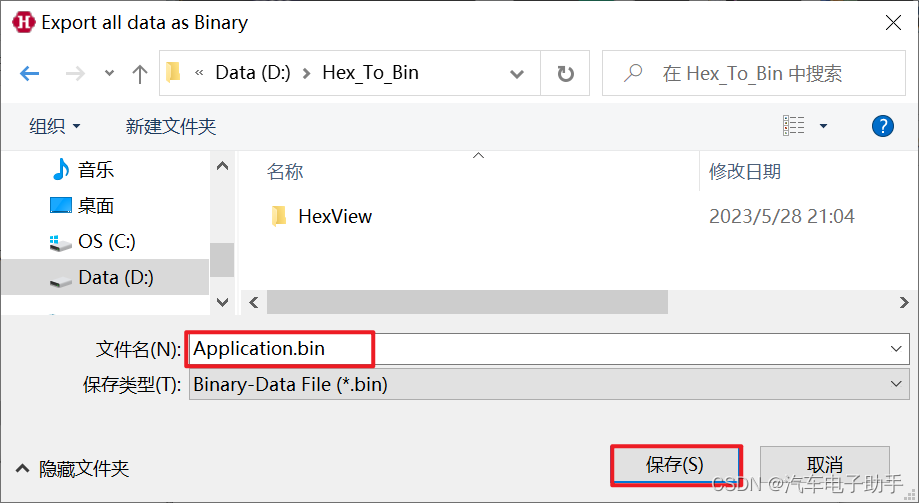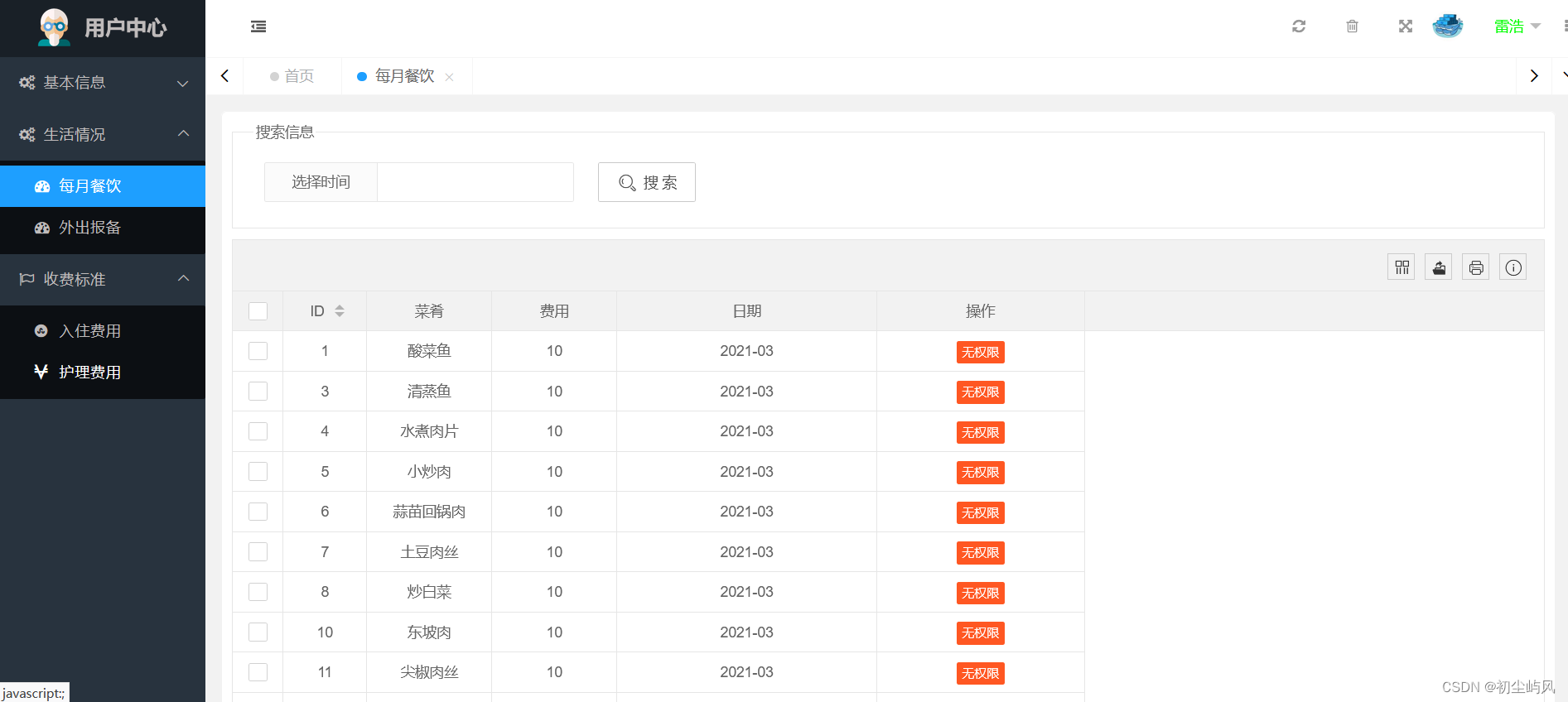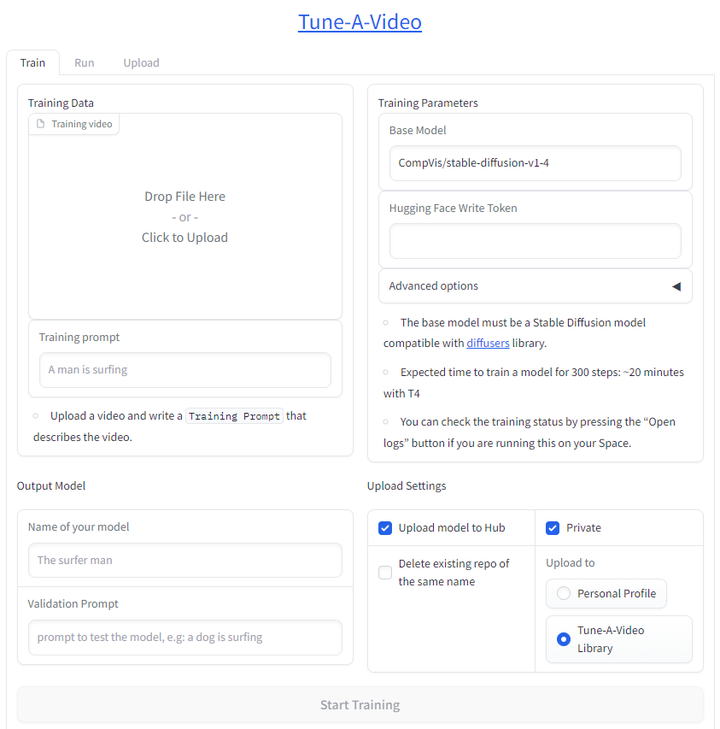C++初识仿函数

📟作者主页:慢热的陕西人
🌴专栏链接:C++
📣欢迎各位大佬👍点赞🔥关注🚓收藏,🍉留言
本博客主要内容简单介绍了仿函数的概念
文章目录
- C++初识仿函数
- 1.仿函数的介绍
- 2.仿函数的优缺点
- 3.简单实现一个仿函数的例子
1.仿函数的介绍
我们可以从名字中看出仿函数就是一个仿造的函数,实际上也是如此,它并非一个真正的函数。而是通过一个类重载
()运算符实现的。接下来给出定义:
- 仿函数是定义了一个含有**operator()**成员函数的对象,可以视为一个一般的函数,只不过这个函数功能是在一个类中的运算符operator()中实现,是一个函数对象,它将函数作为参数传递的方式来使用。
2.仿函数的优缺点
优点:
- 仿函数比函数指针的执行速度快,函数指针时通过地址调用,而仿函数是对运算符operator进行自定义来提高调用的效率。
- 仿函数比一般函数灵活,可以同时拥有两个不同的状态实体(即采用匿名对象和非匿名对象来调用),一般函数不具备此种功能
- 仿函数可以作为模板参数使用,因为每个仿函数都拥有自己的类型
缺点:
- 需要单独实现一个类。
- 定义形式比较复杂。
3.简单实现一个仿函数的例子
通俗来讲,仿函数就是使用一个类通过重载
()这个运算符实现的。template<class T> //实现 struct less { bool operator()(T& a, T& b) { return a < b; } }; template<class T> struct greater { bool operator()(T& a, T& b) { return a > b; } }; //采用匿名对象的方式调用 void AdjustUp(int child) { int parent = (child - 1) >> 1; while (child) { //小堆 //if (_con[child] < _con[parent]) if(Compare()(_con[child], _con[parent])) { swap(_con[parent], _con[child]); child = parent; } else { return; } } } void AdjustDown(int parent) { //小堆 int child = parent * 2 + 1; while (child < _con.size()) { //找到两个孩子节点之中较小的那个 //if (child + 1 < _con.size() && _con[child] > _con[child + 1]) if (child + 1 < _con.size() && Compare()(_con[child], _con[child + 1])) { child += 1; } //if (_con[parent] > _con[child]) if(Compare()(_con[parent], _con[child])) { swap(_con[parent], _con[child]); parent = child; child = parent * 2 + 1; } else { return; } } } //采用实例化对象的方式调用 void AdjustUp(int child) { Compare _com; int parent = (child - 1) >> 1; while (child) { //小堆 //if (_con[child] < _con[parent]) if(_com(_con[child], _con[parent])) { swap(_con[parent], _con[child]); child = parent; } else { return; } } } void AdjustDown(int parent) { Compare _com; //小堆 int child = parent * 2 + 1; while (child < _con.size()) { //找到两个孩子节点之中较小的那个 //if (child + 1 < _con.size() && _con[child] > _con[child + 1]) if (child + 1 < _con.size() && _com(_con[child], _con[child + 1])) { child += 1; } //if (_con[parent] > _con[child]) if(_com(_con[parent], _con[child])) { swap(_con[parent], _con[child]); parent = child; child = parent * 2 + 1; } else { return; } } }
到这本篇博客的内容就到此结束了。
如果觉得本篇博客内容对你有所帮助的话,可以点赞,收藏,顺便关注一下!
如果文章内容有错误,欢迎在评论区指正


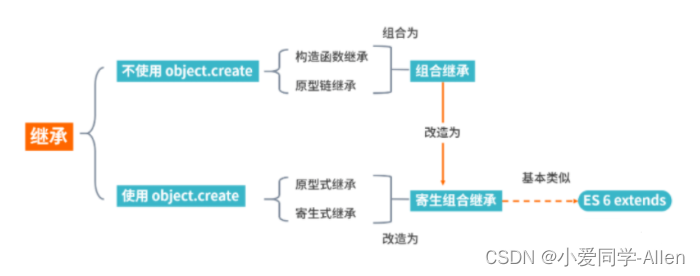
![[LeetCode周赛复盘] 第 105 场双周赛20230528](https://img-blog.csdnimg.cn/18d853f51dd248df9da279407c1b74c7.png)

